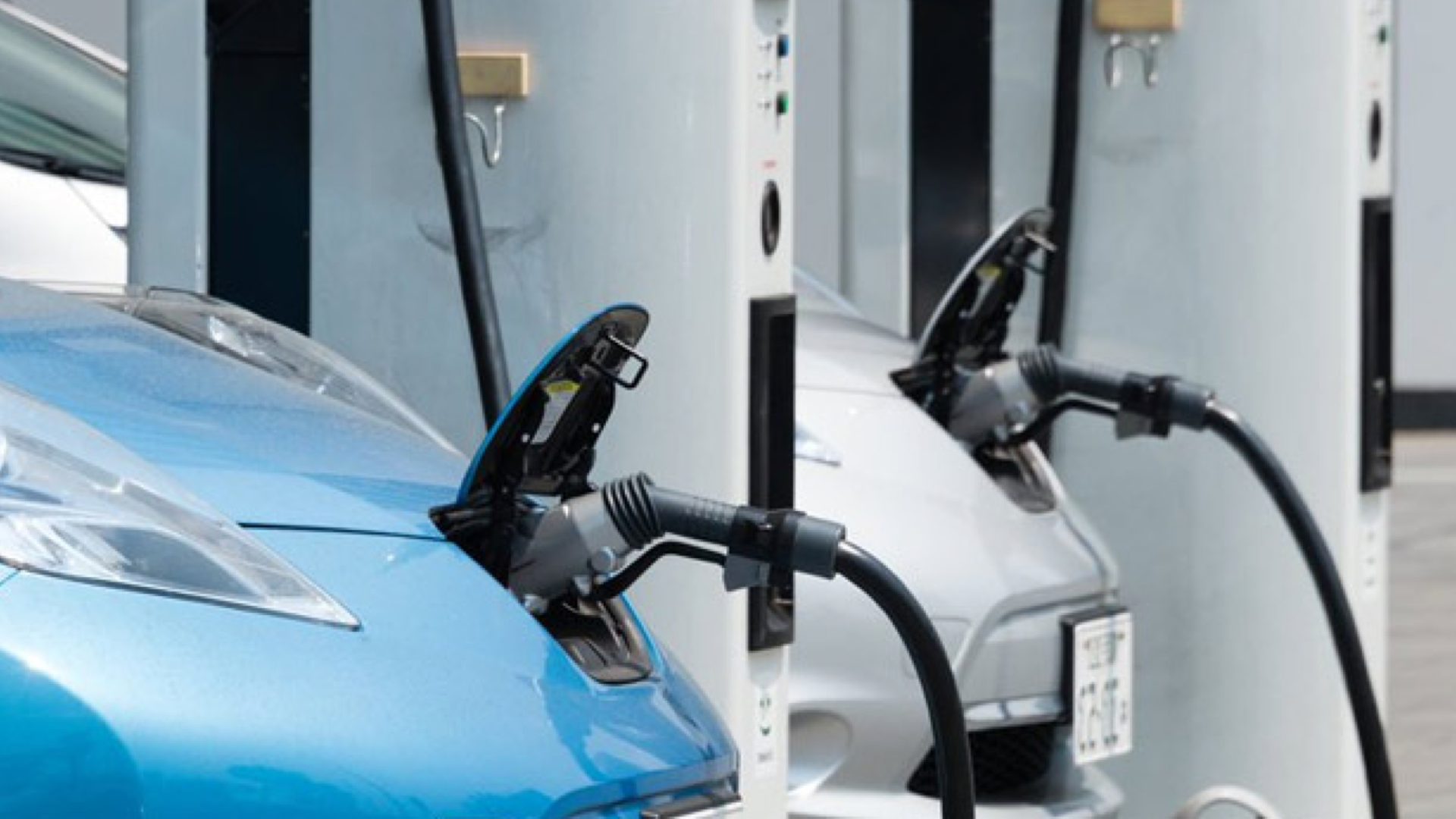Feature article
Just how green is an electric vehicle?
EVs are widely acknowledged to be better for the environment, but just how green are they in reality? Let's take a look.
One of the appealing reasons why people opt for an electric vehicle is because of their apparent environmental friendliness. But, in reality, just how much kinder to the environment is an EV? We’re lucky to live in such a beautiful country, but we don’t live in a perfect world, so there are always drawbacks and EVs are no different, right? Let’s take a look at some of the facts.
Green machines
The lack of tailpipe emissions from an EV certainly means that, when it comes to everyday use, they’re far kinder to our planet than the alternatives, but an EV isn’t 100% carbon neutral. In fact, EVs cause higher manufacturing emissions than traditional vehicles. Does this mean that EVs are secretly a scourge on our planet and something to be avoided? Nope, not by a long shot.
Renewable power is the key
The country you live in, and the way that energy is sourced there, has a huge impact on just how environmentally friendly you can consider the EV you drive. This is why Norway, the world leader in EV adoption, can embrace the electric revolution with a guilt-free conscience – their EVs are almost exclusively run on hydropower.
In basic terms, this means that running an EV in NZ emits 80% less CO2 than an equivalent petrol vehicle.
It also means that an EV owner in this country is having a far greater positive impact on our planet than an owner of the exact same EV across the Tasman. In Oz only 23.5% of power is renewable and there's still an overwhelming reliance on fossil fuels. Just like the design of our national flag back in 1869, a blue background featuring the Southern Cross, New Zealand leads the way and Australia is likely to follow...eventually.
It’s not all bad news for our Australian cousins though as, wherever you are on the planet, if you own an EV and charge it via the use of solar panels, you’ll be able to proudly boast that your driving is fully emission free. Nice!
Dealing with old batteries
One of the major question marks over the environmental friendliness of EVs is in relation to how their old batteries are dealt with. Thankfully there are multiple ways to repurpose or recycle EV batteries. When the battery in a lithium-ion-powered vehicle is considered too worn out for driving, it’ll still have up to 80 percent of its charge capacity left – making it of continued use for powering other kinds of items like household solar arrays, or even for propping up the national grid alongside other energy sources like wind or solar power.
As of yet, with EVs being relatively new to our roads, there hasn’t been a need for mass recycling of batteries. When the time comes that this is necessary on a large scale, we can expect it to be done similarly to how we already recycle the batteries of household devices like mobile phones, laptops, and cordless electrical items.
If a lithium-ion battery is considered too far gone for repurposing, a recycling plant can deal with the battery in a number of ways. If the battery is completely without charge, it can be shredded so that its metal components, copper and steel etc, are separated for reuse elsewhere. And if the battery evidences some remaining charge, it’ll generally be frozen in liquid nitrogen and smashed to smithereens.
All of these options could lead to EVs being greener than ever by recycling elements of old EV batteries for use in building new ones. The circle of life.
EVs are still very new tech
It’s also important to remember that, comparatively speaking, EVs are still incredibly new tech. Combustion engine vehicles have been in production since 1886 – making EVs very much infant children on a commercial scale by comparison. Like any infant, an EV isn’t perfect but the potential is almost unlimited.
Issues such as range capability, up-front cost, and charging speed are evolving and improving at a rapid rate of knots and EVs offer a huge chance for global carbon emissions to reduce. Factor in that EVs are already vastly reducing noise pollution and improving local air quality, and it’s harder and harder to be cynical about their positive impact on our planet.
In a perfect world
EVs aren’t perfect or immune from criticism, but it’s hard not to argue that they're better for the planet than a petrol equivalent vehicle, and they’re much better for the environment in New Zealand. We need to be aware of how the batteries that run our EVs are produced and disposed of, and it’s inaccurate to blame all of the ills of the world on petrol vehicles, but if you’re considering switching to an EV, do so with confidence that you’re doing the right thing by our habitat.



